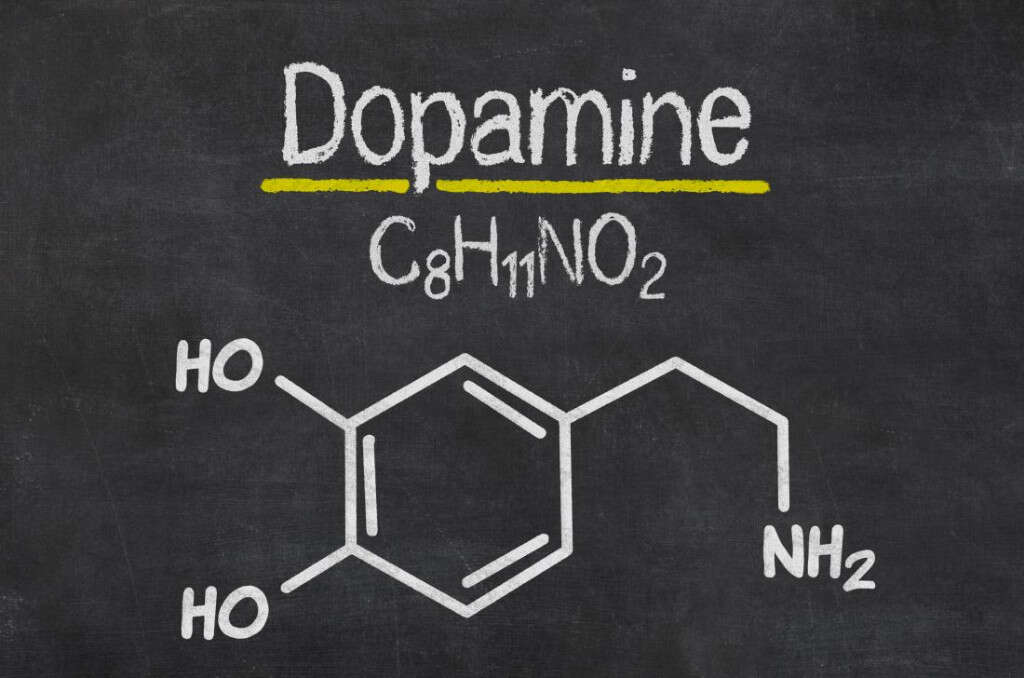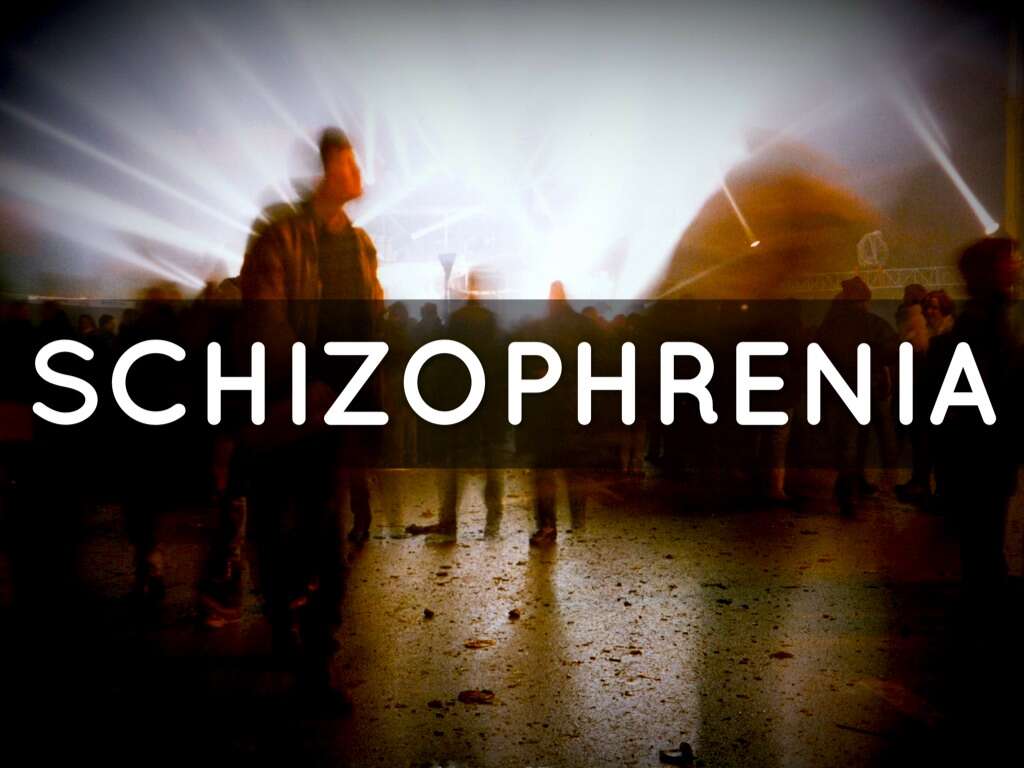10 Causes of Schizophrenia
Schizophrenia is a serious mental condition that’s marked by a number of symptoms. It affects how a person thinks, how they feel, and how they behave. The condition is chronic and quite severe, and if it’s not managed the symptoms tend to get worse.
The medical industry tends to treat schizophrenia by putting people on strong medications that effectively blunt their thoughts and feelings. While these treatments do make the problem go away, they don’t address it at its root. Alternative treatments like art therapy have been shown to have positive effects without causing further damage.
Schizophrenia is known for causing a number of problems ranging from hallucinations to delusions to difficulty maintaining a healthy emotional state. Many people feel that victims of schizophrenia seem to have lost touch with objective reality as they have a hard time integrating the facets of everyday ‘normal’ life.
Cause #1: Heredity
It’s known that schizophrenia tends to run in families, so it’s possible that you got it from your ancestors, or that you pass it on to your children.
Research hasn’t identified exactly which genes are responsible for causing schizophrenia. There is some indication that it’s the result of certain combinations and interactions between genes. This is uncertain, and there’s no concrete evidence that suggests having a certain combination of genes will make someone destined to experience schizophrenia.
Cause #2: Being a Twin
Much of the evidence that has been accrued regarding the connection between schizophrenia and genetics is a result of studies performed on twins. Since twins have the same genetic makeup, they are good subjects to evaluate the effect genes have on the development of schizophrenia.
Research has shown that if one twin in a set of identical twins develops schizophrenia, the other one has a fifty percent chance of developing the condition. This is true regardless of environmental factors – even if they are raised separately, the chance is still the same. In non-identical twins, the chance of the other twin getting schizophrenia is about one in seven.

Cause #3: Brain Development
Some research done on people who suffer from schizophrenia has revealed that their brains are structured differently. However, these changes are not always obvious and, in most cases, are quite subtle.
Furthermore, these structural differences aren’t observed in every person who has the condition. In fact, they can happen to people who don’t even have schizophrenia. However, these differences indicate that schizophrenia is at least partly related to structural changes in the brain.
Cause #4: Excessive Dopamine
Dopamine is one of the main neurotransmitters in the human brain. It is largely responsible for things like motivation, energy levels, and mood. In normal healthy levels, dopamine ensures that a person can function happily and productively.
However, excessive amounts of dopamine in the brain can actually be toxic, leading to problems like delusions and hallucinations, as well as the progression and development of schizophrenia.

Cause #5: Excessive Serotonin
Serotonin is another neurotransmitter that’s found in the brain and body. The majority of our serotonin is found in the gut, and thus this neurotransmitter has a powerful effect on our digestive health. However, it’s also heavily involved in maintaining our mood and perception.
Having too much serotonin can contribute to the development of schizophrenia, among other conditions. An imbalance between the levels of serotonin and dopamine in the brain can also aggravate a person’s mental state, making them more susceptible to the problem.
Cause #6: Birth Problems
Many problems can occur during birth that can impede a person’s ability to grow up healthy and happy. People with schizophrenia are more likely to have experienced one of these birth problems.
Babies who experienced a low birth weight or were born during premature labour are more likely to develop mental health problems, like schizophrenia, later in life. Babies who are born without enough oxygen – a condition known as asphyxia – are also more likely to experience problems with schizophrenia.

Cause #7: Stress
Stress can be a significant trigger for schizophrenia, meaning it can induce the condition in someone who is already prone to it. However, it is extremely unlikely that someone who frequently experiences stress will develop schizophrenia simply as a result of being high strung.
People who are likely to develop schizophrenia for any of the reasons mentioned above should take care to manage their stress levels. This means that you can’t work yourself too hard, and you should take care to avoid stressful situations whenever possible.
Cause #8: Stimulant Drugs
Stimulant drugs, both prescribed and illicit, are known to be a trigger for schizophrenia in those who are susceptible to the problem. Stimulant drugs include legal and illegal amphetamines, cocaine, and other powerful psychoactive substances.
Stimulant drugs can also induce symptoms that are very similar to schizophrenia, though there is some debate as to whether or not they can actually cause the condition on their own. Many stimulants cause users to stay up for days on end, and serious sleep deprivation combined with over-stimulation can cause hallucinations and delusions.

Cause #9: Psychedelic Drugs
Psychedelic drugs are also known to act as a trigger for schizophrenia. However, these drugs don’t often induce the same sort of hallucinations and delusions that stimulants do.
Even mild psychedelics, like cannabis, have been known to provoke schizophrenia in people who are susceptible to developing the condition. This is particularly true of people who begin using marijuana at an early age.
Cause #10: Environment
There are many environmental factors that can contribute to the development of schizophrenia. Some of these factors can be present before you are even born. For example, some babies who were exposed to viruses before their birth are more likely to develop schizophrenia.
Children and fetuses that do not get proper nutrition are also more likely to develop schizophrenia as they get older. It’s important to ensure that unborn babies get the nutrients they need from their mothers.











